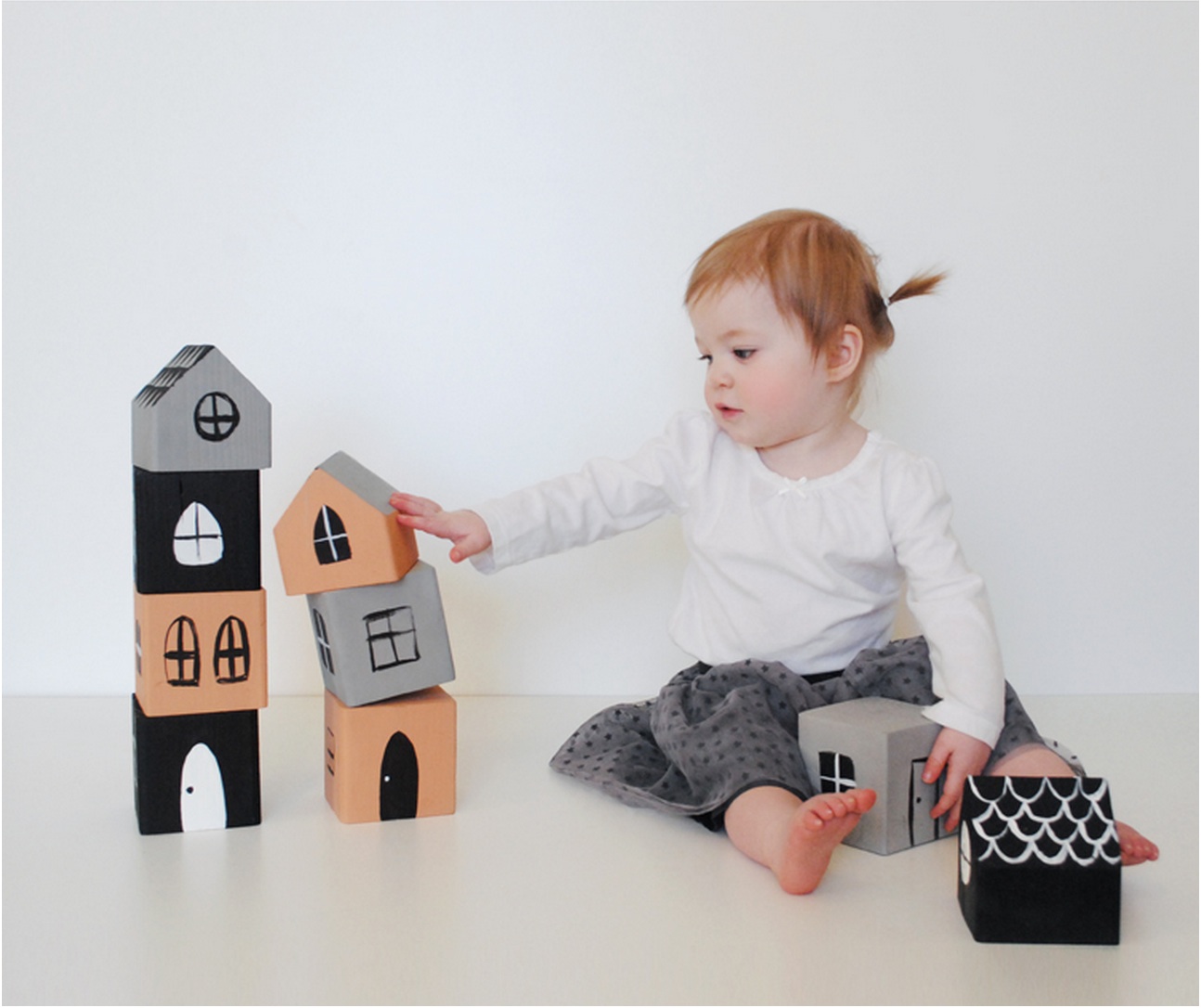
Dads and Decision Making: Involving Kids in Family Choices
Decisions in families are like team sports – everyone plays a part, including the kids. Studies show that involving children in family choices boosts their confidence and problem-solving skills.
Our blog post will navigate you through ways dads can include their children when making important decisions to strengthen family bonds and build trust. Keep reading; it’s decision time!
Key Takeaways
- Involving children in family decisions helps them learn responsibility and boosts self-esteem, as they feel their opinions are valued and can see first-hand how to resolve conflicts and make compromises.
- Planning ahead for major life decisions like education or healthcare gives the whole family a chance to consider options and express opinions, leading to choices that everyone supports.
- Open communication is key in decision – making; it’s important for all family members to speak respectfully, listen actively, and be willing to compromise when differences arise.
- Professional help from mediators or family law experts may be needed when parents can’t agree on important issues; these professionals offer guidance towards solutions that put children’s well-being first.
- Tools such as OurFamilyWizard assist co-parents with managing custody-related discussions without conflict, ensuring clarity and cooperation between parents during decision-making processes.
The Importance of Joint Decision Making in Families
Joint decision making in families creates a strong foundation for trust and understanding. When parents collaborate on key issues, they model effective conflict resolution for their children.
This approach fosters an environment where everyone’s voice is heard, and each member feels valued. Kids learn about compromise and assertiveness as they watch their dads navigate parenting arrangements with co-parents.
Involving children in appropriate decisions can also shape their ability to make good judgments later in life. They develop a sense of responsibility by weighing the pros and cons of different choices related to childcare, healthcare, and education.
As decisions impact everyday life from home-schooling options to medical care, having both parents aligned serves the best interests of the child. Moving forward, understanding how major family decisions are approached becomes crucial in reinforcing these positive dynamics within the family structure.
Understanding Major Family Decisions
Defining what constitutes a major decision in a family can help parents understand the impact on their children and how to involve them in these important choices. It is essential to recognize the significance of such decisions and how they shape the family dynamics.
Defining what constitutes a major decision
In a family, a major decision is one that has long-term effects on a child’s life and well-being. This includes choices about which school they attend, the type of religious education they receive, and how their health issues are managed.
Families often face these pivotal choices as children grow and their needs evolve. These decisions shape not only the child’s present circumstances but also influence their future opportunities for growth and development.
Legal terms such as “custody” or “parenting arrangements” come into play particularly when parents live apart. They must navigate who will make these significant decisions if they have joint legal custody or if one parent holds sole decision-making responsibility.
Striking a balance ensures each parent plays an active role in molding their child’s upbringing according to agreed-upon parenting plans.
With key decisions identified, it becomes possible to consider how kids can be involved in the family choice process—a step that can teach them valuable lessons about collaboration and responsibility.
Involving Kids in Family Choices
Involving kids in major family decisions can help them feel valued and teach them important decision-making skills. It also encourages open communication and a sense of ownership within the family.
Benefits and possible challenges
Engaging children in family decisions can boost their self-esteem and teach them about responsibility. Kids who participate in making choices learn to weigh pros and cons, fostering critical thinking skills.
This inclusive approach supports a cooperative family environment where everyone’s opinion values, encouraging pro-social behavior. When fathers include their children in joint custody arrangements, it models effective communication and decision-making strategies vital for child welfare.
However, involving kids can also present challenges, especially when the matters are complex or beyond their understanding. In instances where parents have differing views on child custody or other sensitive topics, finding common ground becomes tougher with more people involved.
It might confuse the kids if they witness disagreements between parents over major life choices. Moreover, without careful handling of these situations by both carer figures, there is a risk that involvement could lead to undue stress on the children who may struggle with concepts of right and wrong in adult-centric issues like abuse and neglect even when guided by professionals like Boulby Weinberg LLP experts in parenting laws.
Tips for Effective Family Decision Making
Plan in advance, encourage respectful communication, be open to compromise, and enlist professional help when needed – these tips can lead to successful family decision making. Learn more about how involving kids in family choices can benefit your household by reading the full blog.
Planning in advance
Getting ahead of the game helps steer family meetings in the right direction. You’ll need time to consider all viewpoints, especially when making decisions that shape your child’s future.
Picking a new school or deciding on healthcare needs requires everyone’s input to make choices that work for all.
Map out your approach before opening discussions about major life changes. This gives kids a chance to reflect and articulate their thoughts during decision-making sessions. Utilize tools like OurFamilyWizard, designed to aid co-parents in managing proposals and updates related to custody of their children without confusion or conflict.
Preparing early ensures each voice is heard clearly and respectfully, fostering an environment where proactive conversation guides your family towards positive outcomes together.
Encouraging respectful communication
To ensure effective family decision-making, it is important to foster an environment of respectful communication among all members. Open and honest dialogue allows for the expression of differing opinions and promotes understanding between parents and children.
This positive approach serves as a foundation for mutual respect, helping to create an inclusive atmosphere where everyone’s input is valued.
Encouraging respectful communication not only leads to better decision outcomes but also strengthens family bonds. When children feel heard and respected, they are more likely to develop pro-social behaviors and engage positively in the decision-making process.
Being open to compromise
Being open to compromise is crucial in family decision-making. It involves understanding and considering different perspectives, which can lead to healthier and more satisfying outcomes for everyone involved.
When co-parents are willing to meet halfway and find common ground, it promotes a sense of respect and cooperation within the family dynamic. This approach also sets a positive example for children, teaching them valuable conflict resolution skills that they can carry into their own lives.
In cases where parents may have differences in opinion on important family matters, being open to compromise allows for respectful communication and ensures that the needs and well-being of all family members are taken into account.
Enlisting professional help when needed
In complex family decision-making situations, seeking professional guidance from experts in family law can offer valuable support. Consulting with professionals specializing in parental matters and child welfare can provide comprehensive insights and strategies tailored to unique circumstances, ensuring that the best interests of the children are prioritized.
Professional help is crucial for navigating parenting plans post-separation or divorce, as it allows parents to access legal expertise and develop effective arrangements that promote positive outcomes for their children.
Making informed decisions with the assistance of professionals contributes to a more collaborative approach between parents, fostering an environment where children’s well-being remains central.
Handling Disagreements in Decision Making
Effective methods for handling disagreements in decision making include open communication, active listening, and a willingness to compromise. It is essential to approach conflicts with a cooperative mindset, aiming to understand each other’s perspectives.
Seeking common ground and exploring alternative solutions can lead to mutually satisfactory outcomes.
In some cases of persistent disagreement or impasse, involving third-party professionals like mediators or therapists can facilitate resolution. These professionals provide an objective perspective and guide the parties toward finding common ground.
In severe cases where legal intervention is necessary, consulting family law practitioners may be crucial in navigating the complexities of decision-making disputes within co-parenting arrangements.
In conclusion, involving kids in family decision-making can nurture their understanding of responsibility and cooperation. Encouraging respectful communication and being open to compromise sets the stage for a harmonious decision-making process within the family.
Planning well in advance and seeking professional help when needed can also contribute to successful joint decision making. Embracing these practices can lead to a more inclusive environment where children feel valued and empowered in contributing to important family choices.
FAQs
1. Why should dads involve kids in making family decisions?
Dads should involve their children in decision-making to teach them valuable social skills and encourage pro-social behaviors that aid in their socialization and learning.
2. How can involving kids in decisions affect their behavior?
When dads include kids in family choices, it helps reduce hyperactivity by giving them a sense of control and responsibility which supports healthy development.
3. What are some positive parenting styles for decision making with kids?
Positive parenting styles embrace collaboration and guidance, allowing children to express themselves during the decision-making process as identified by experts like the Children’s Bureau.
4. Can dads help their kids learn better through family decision making?
Absolutely! Dads play a key role in teaching through everyday choices, which sets a foundation for their children’s future learning experiences and paternal bonding.




